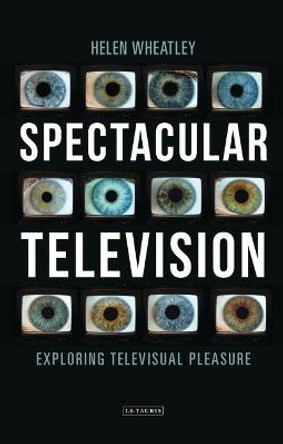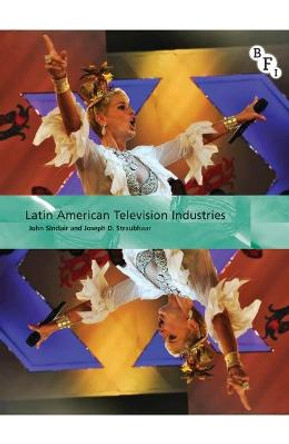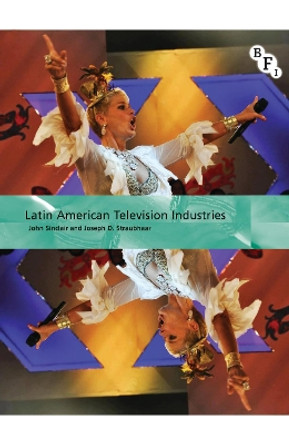Description
About the Author
John T. Caldwell is a Distinguished Research Professor of Cinema and Media Studies at the University of California-Los Angeles. He is the author of Production Culture: Industrial Reflexivity and Critical Practice in Film and Television (2008), and the director of Freak Street to Goa, Rancho California (por favor) , and Land Hacks , which have been featured in Amsterdam, Paris, and Berlin, and at the Margaret Mead and Sundance Film Festivals. He was awarded the "Outstanding Pedagogy Award" by the Society of Cinema and Media Studies in 2018.
Reviews
"An original and outstanding contribution to television scholarship.... Illuminating both in its examination of television at a specific historical moment and in challenging common academic conceptions about the medium for their failure to engage with the historical changes in television production.- Allan D. Campbell, Velvet Light Trap
"Engrossing and thought-provoking.... Televisuality points to a hole in television studies and highlights an interdisciplinary approach-combining the economic with the aesthetic and ideological-that could help to plug it."- Matthew P. McAllister, Film Quarterly
"With its combined attention to television aesthetic, economic, and technological aspects, it [is] a highly innovative book that question[s] a great deal of conventional wisdom."- European Journal of Media Studies
"This may be the most sophisticated study of the American television medium, industry, and aesthetic to date. Caldwell ranges through industry bumf and the academic bibliography to rescue the medium from theoretical simplifications. [An] insightful and allusive text that leaves virtually no familiar generalization unchallenged."- Choice, Outstanding Academic Title
"Televisuality is a theoretical term coined by John Caldwell in the mid-1990s to characterize a change in the look and practice of television programming. This change began around 1980 and continues to the present day. Describing and discussing television through the lens of televisuality requires one to consider television as a mode of mass communication reliant on popularity with viewers and created in an industrial context whose labor relations affect how shows are produced. Overall, the main identifying feature of 'the televisual' is 'an excess of style.' Thus, programs produced from the 1980s onward are likely to break with traditional 'invisible' production styles and to innovate in ways that call the viewer's attention to the constructedness of the show-that it is a televisual text and that the viewer is watching (or, in a best-case scenario, participating) in the construction of meaning through attraction to or investment in the style of the televisual text."- Encyclopedia of Gender in Media Televisuality
"Intense and complex."- Markus Stauff, University of Amsterdam
"[A] well-researched volume."- Library Journal
Book Information
ISBN 9781978816039
Author John T Caldwell
Format Paperback
Page Count 666
Imprint Rutgers University Press Classics
Publisher Rutgers University Press
Weight(grams) 708g
Dimensions(mm) 203mm * 132mm * 41mm









